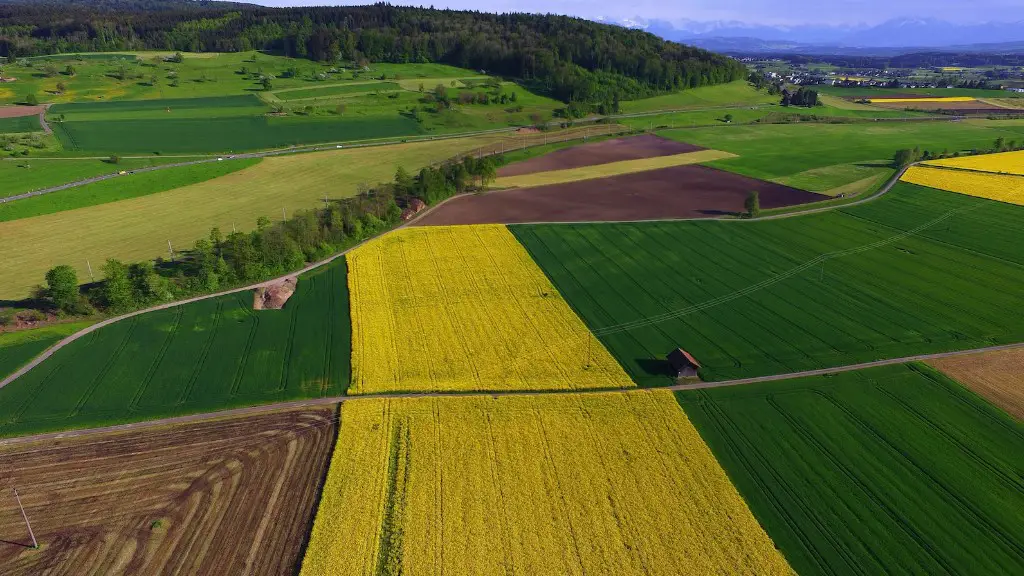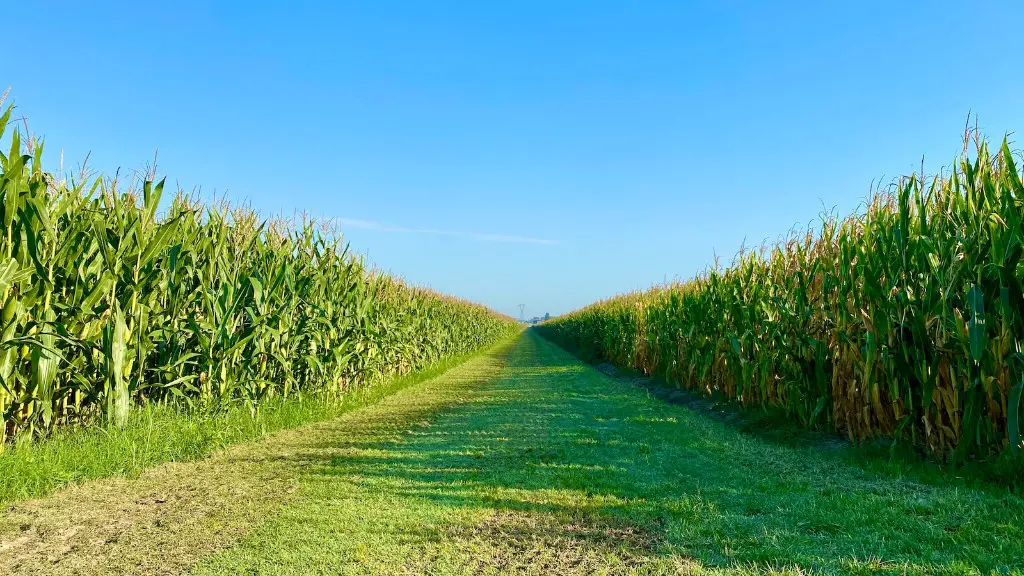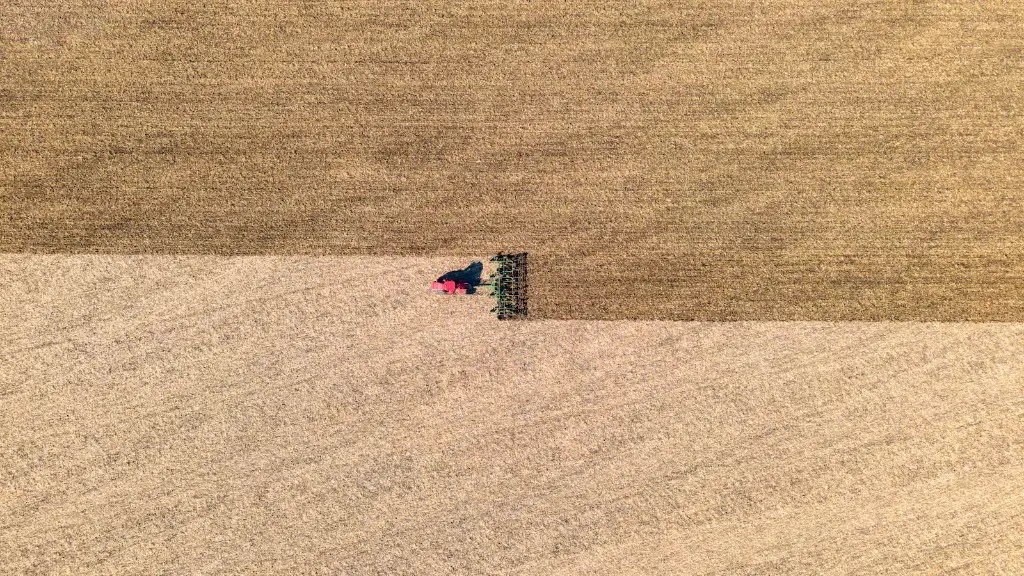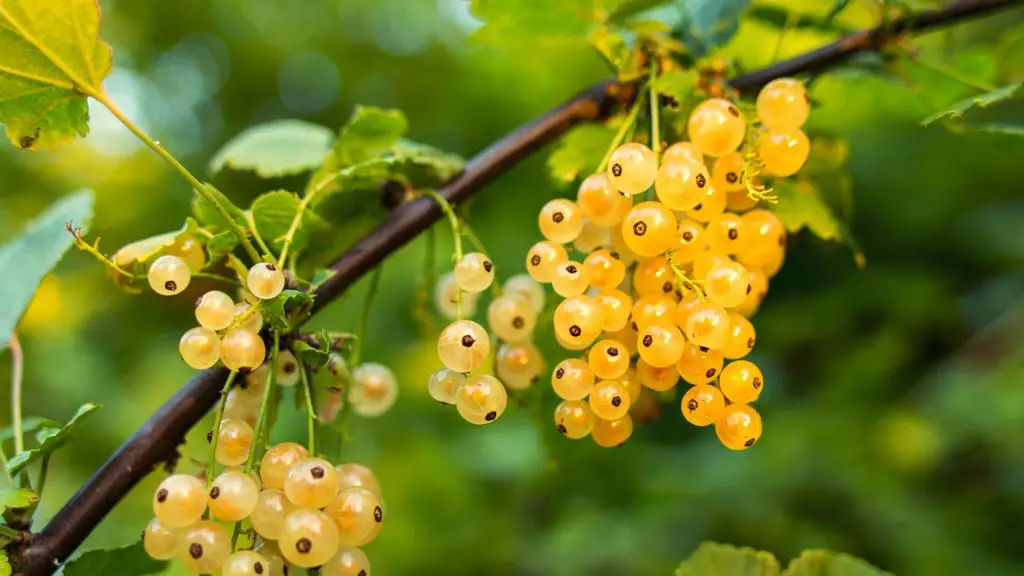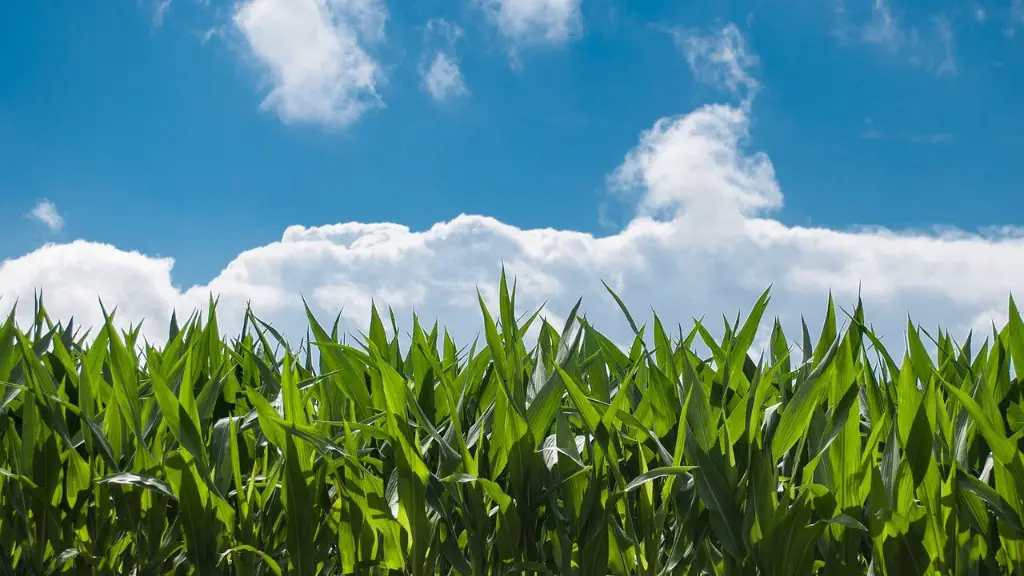Pesticides are chemical substances that are used to kill or control pests. Pests can be insects, mammals, birds, fish, or other organisms that damage crops, spread diseases, or otherwise impact human activities. Pesticides are used in agriculture to protect crops from insects, rodents, and other pests. They are also used in public health settings to control mosquitoes and other disease-carrying pests.
Pesticides are chemical agents that are used to kill pests. Pests can include insects, rodents, fungi, and weeds. Pesticides are typically used in agriculture to protect crops from damage.
What is the definition of agricultural pesticides?
Most pesticides are designed to kill or otherwise discourage pests. But some pesticides have the opposite effect and are instead used to attract pests. These are called “lures” and are used in conjunction with traps.
Pesticides are substances that are used to kill or control pests. Insecticides, herbicides, fungicides, and rodenticides are some of the more common types of pesticides. Pesticides can be found in a variety of products, including sprays, powders, and baits.
What are pesticides for example
Pesticides are substances that are used to kill pests. Pests can include insects, rodents, fungi, and weeds. Pesticides can be natural or synthetic. Natural pesticides include things like nicotine, pyrethrum, and neem oil. Synthetic pesticides include things like glyphosate, Acephate, Deet, Propoxur, Metaldehyde, Boric Acid, Diazinon, Dursban, DDT, Malathion, etc.
Pesticides are designed to kill or harm pests, but they can also unintentionally harm other organisms. Pesticides can contaminate soil, water, turf, and other vegetation, and can be toxic to a host of other organisms including birds, fish, beneficial insects, and non-target plants. Pesticides can enter the environment through many different pathways, and once in the environment, can persist for long periods of time. Pesticide contamination of the environment can lead to health problems in humans and animals.
Is pesticides harmful to humans?
Pesticides can be extremely harmful to human health, both in the short term and the long term. Acute effects of pesticide exposure can include everything from stinging eyes and rashes to blindness, nausea, dizziness, diarrhea, and even death. Chronic health effects from long-term exposure to pesticides can be even more dangerous, and can include cancer, reproductive and developmental problems, endocrine disruption, and more. It is important to be very careful when using any kind of pesticide, and to take all necessary precautions to avoid exposure.
Pesticides may cause harmful effects to human health and to the environment because of their high biological activity. In some cases, they may persist in the environment for a long time, which can cause serious damage.
What crop has the most pesticides?
The EWG’s Dirty Dozen for 2022 is a list of fruits and vegetables that are most likely to be contaminated with pesticides. Strawberries, spinach, kale, collard and mustard greens, nectarines, apples, grapes, bell and hot peppers, and cherries are among the most contaminated.
These six pesticides are considered the worst due to their high level of toxicity and their ability to persist in the environment. They are all harmful to aquatic organisms and bees, and can bioaccumulate in the food chain. This means that they can accumulate in the tissues of animals and humans, causing potential health problems.
Which pesticides are most toxic
Pesticide suicides are a global problem and have been responsible for most suicides worldwide over the last five decades. HHPs of World Health Organization (WHO) toxicity classes Ia, Ib and II – such as the organophosphorus insecticides monocrotophos, phorate, and methyl parathion or the herbicide paraquat – are particularly dangerous and have been responsible for many of these suicides. It is important to be aware of the risks associated with these pesticides and to take measures to prevent suicides.
Pesticides are chemicals used to kill pests, but they can also contaminate our food, harm pollinators, and threaten our ecosystems. Pesticides can enter our food supply through the food we eat, the water we drink, and the air we breathe. They can also be transferred to pollinators like bees and butterflies, which can then contaminate our honey and other products. Pesticides can also accumulate in the environment and threaten the long-term health of our ecosystems.
What is the most common pesticide?
There are a variety of insecticides available on the market, but the most commonly used are the organophosphates, pyrethroids and carbamates. Each of these insecticides has its own set of benefits and drawbacks, so it’s important to choose the right one for your needs.
Pesticides are chemical substances that are used to kill pests. Some pesticides are more harmful than others. Some, such as the organophosphates and carbamates, affect the nervous system. Others may irritate the skin or eyes. Some pesticides may be carcinogens. Others may affect the hormone or endocrine system in the body.
Do pesticides do more harm than good
Pesticides are not only dangerous to the environment, but they are also hazardous to a person’s health. Pesticides are stored in your colon, where they slowly but surely poison the body. If you are exposed to pesticides on a regular basis, you are at risk for serious health problems, including cancer.
The FDA does not recommend washing fruits and vegetables with soap, detergent, or commercial produce wash. They have not been proven to be any more effective than water alone. However, holding the fruit or vegetable under flowing water in a strainer removes more pesticide than dunking the produce.
Does organic mean no pesticides?
Organic produce is grown on soil that has had no prohibited substances applied for three years prior to harvest. Prohibited substances include most synthetic fertilizers and pesticides. This ensures that the produce is free of harmful chemicals and is healthier for both the consumer and the environment.
If you experience any of the above symptoms after coming into contact with a substance, you may be experiencing an allergic reaction known as skin sensitization. In more severe cases, this can lead to difficulty breathing and even a full-blown asthma attack. If you think you may be experiencing this, it is important to seek medical attention immediately.
How long are pesticides toxic
Pesticide half-lives are important to estimate because they can help predict the persistence of the chemical in the environment. There are three main groups that these half-lives can be lumped into: low, moderate, and high. Low half-lives are those that are less than 16 days, moderate half-lives are between 16 and 59 days, and high half-lives are over 60 days.
Organic produce is not necessarily free of bacteria and other contaminants. Thoroughly washing all produce, even organic, is the best way to reduce the risk of foodborne illness. Wash produce under running water, scrubbing firm fruits and vegetables as needed. Dry produce with a clean cloth towel or paper towel.
Final Words
Pesticides are chemicals used to kill pests. Pests include insects, rodents, and fungi. Pesticides are used in agriculture to protect crops from damage caused by pests.
Pesticides are chemicals that are used to kill or control pests. Pesticides are used in agriculture to kill or control insects, weeds, and other unwanted plants or animals.
